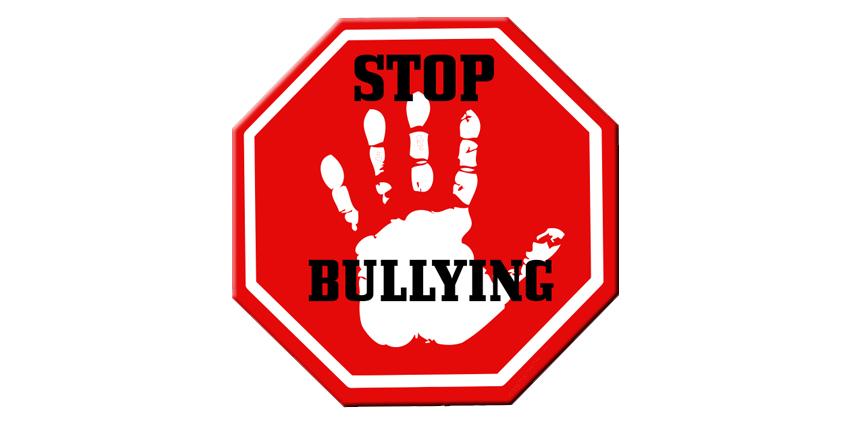Workplace bullying, a persistent pattern of mistreatment causing physical or emotional harm, is a major driver of employee absence.
Workplace Bullying & Claim Management
The rate of work-related injuries in Australia is a significant factor in the overall productivity of the economy. Unfortunately, these cases carry economic burdens with the obvious cost of treatment and management for the injury.
What often goes overlooked is the impact these incidents have on the employer of an employee
An Industry Commission study (1995) found 25% of work injury costs were direct, while 75% came from indirect impacts. Safeguarding workers’ health drives business prosperity, reduces costs, and improves efficiency.
One of the greatest contributors to absence of employees, is the issue of workplace bullying. This issue is outlined as a persistent pattern of mistreatment from others that causes either physical or emotional harm, typically through humiliation, verbal and physical means.
Workplace bullying often leads to mental disorders, making return-to-work complex. These disorders account for 6% of serious compensation claims, with 20% linked to harassment, around 1,400 cases yearly. Affected workers take extended leave, reducing productivity and raising insurance costs
Returning to work after psychological injury is difficult, as the same workplace may trigger relapse or renewed bullying. Consequently, claimants often face long absences and fear going back.
Effective management ensures business and worker longevity. Recognising the complexity of psychological claims from bullying is key to recovery. Targeted HR policies and mental health support help identify and address bullying, while clear communication fosters a safer workplace.
For support or advice, please contact our HR or Injury / Claim Management specialists for assistance.
Reference:
Source: SafeWork Australia
Read Time: 30+ Minutes

